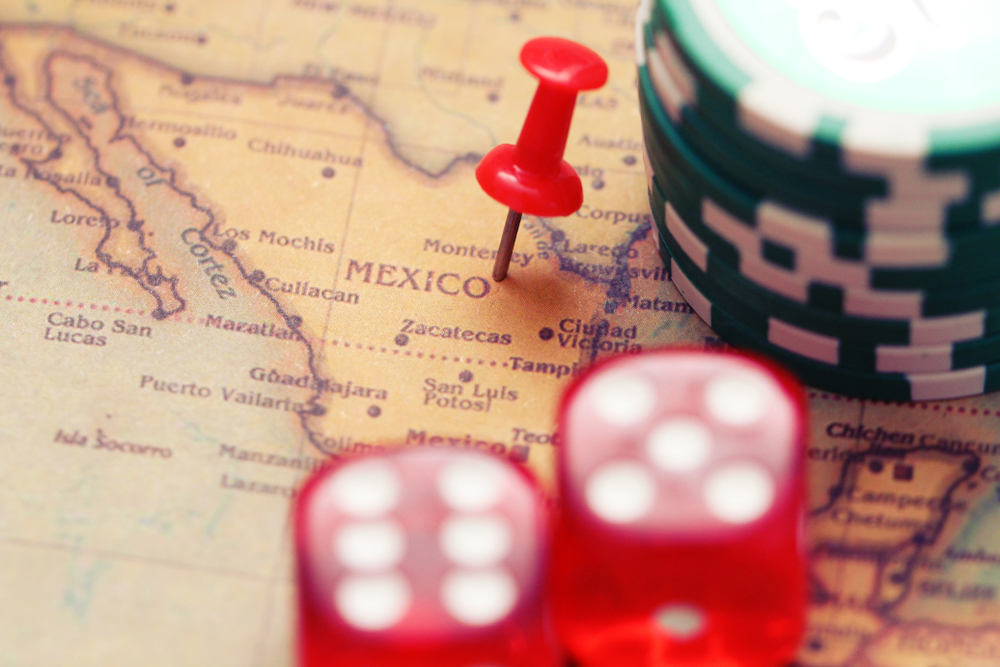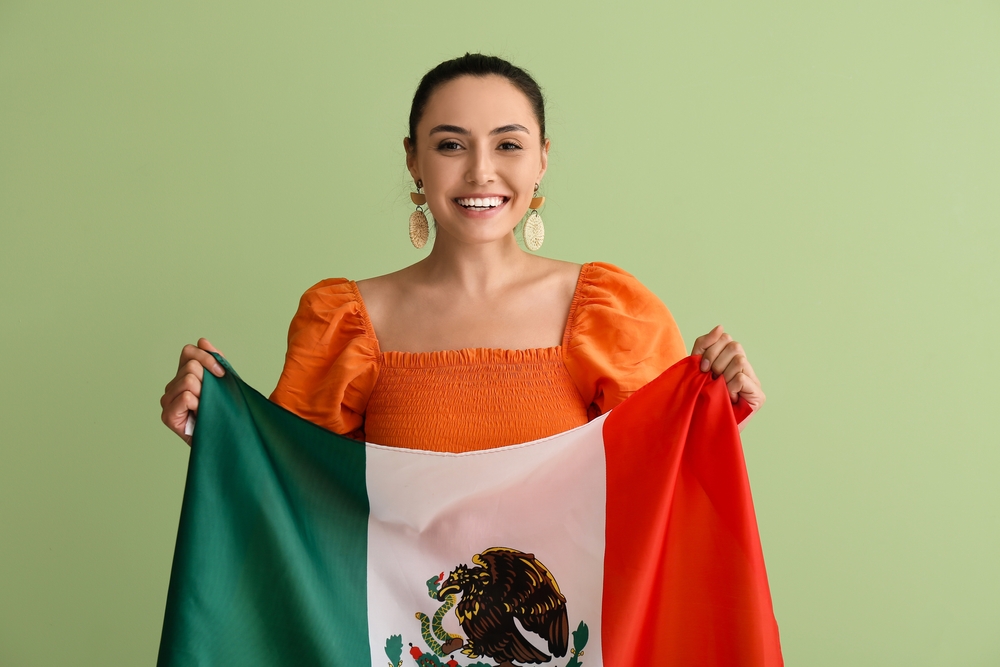With the focus on Brazil sucking most of the oxygen out of the LatAm gaming space, the all-important market of Mexico has been escaping attention this year.
But now, with Mexico on the cusp of a regulatory revolution–and reform of its gambling legislation that dates from 1947–, this essential nation, that straddles both North and Latin America, is set to become one of the most dynamic and competitive markets in the Hispano-American hemisphere.
And the economic context reinforces the importance of the reform.
Last year the gambling industry in Mexico generated approximately 164 billion pesos (around £6.68bn/US$8.91bn), with more than 5,400 active economic units.
Digital, for its part, surged from £449.6m (US$600m) in 2019 to £2.02 billion (US$2.7bn) in 2024 and is now expected to exceed £2.24bn (US$3bn) in 2025.
But, and it’s a big but, nearly 60 percent of iGaming activity remains outside the regulated framework.
Game Changer
Today Mexico is facing one of the most important legislative debates for the gambling industry in decades.
Representative Ricardo Mejía Berdeja is proposing to replace the 1947 Federal Gaming and Lottery Law with a new regulatory framework focused on player protection, responsible gaming, and institutional transparency.
The project contemplates the creation of the National Institute of Games and Raffles, a technically autonomous body that would replace the current General Directorate of Games and Raffles of the Ministry of the Interior (SEGOB).

Unlike other proposals, Mejía Berdeja’s initiative is based on a consolidated legislative and technical track record.
During the 62nd Legislature, the representative chaired the Special Commission to Investigate the Operation of Federal Government Agencies Related to the Granting of Permits for Gaming and Lotteries, created by resolution of the Plenary Session of the Chamber of Deputies in February 2013.
Radical
The commission was created following several complaints about irregularities in the granting of permits for casinos and lotteries.
Now, a decade later, Mejía Berdeja is resuming–and updating–that legislative effort in the face of an industry that has changed radically.
The expansion of digital platforms, online betting and live iCasino highlights the need for more modern and flexible regulation.
The proposed new legislation incorporates electronic monitoring tools, self-exclusion mechanisms, and gambling controls, as well as a tax system based on the Gross Gaming Revenue (GGR) , a model used in markets such as the United States, the United Kingdom and Canada.
The proposal also proposes a shift in approach to a player-centric system that recognizes gambling as a legitimate entertainment activity – albeit with limitations related to liability and public health.
Among the most notable measures are the implementation of self-limitation programs, the prohibition of credit or ATMs in establishments, the restriction of advertising aimed at minors or vulnerable groups, and the raising of the minimum age of entry to 21-years-old.
.COM.MX domains
In the digital sphere, it is proposed that all online platforms operate with “.com.mx” domains , with visible identification of their authorization, real-time identity checks, and automated systems to detect risky behaviour.
Additionally, the power to block IP addresses or electronic transactions associated with unauthorized operators is envisaged.
The bill also introduces a gradual permit replacement scheme, so that each license will authorize a single establishment and will be valid for 12-years, extendable for a further decade.
The goal is to eliminate the discretionary power that allows a single permit to cover dozens of establishments and, at the same time, organize the physical and digital markets.
If approved, the new National Institute of Gaming and Lotteries would assume authorization, inspection, and sanctioning functions, and would also maintain a public registry of licenses and sanctions.
Integrity
The initiative also contemplates the creation of an Advisory Council, composed of public and private representatives, which will participate in the design of preventive policies and transparency strategies.
While providing greater tax collection, equity among operators, and an environment of legal certainty and consumer protection, Mexico’s coming regulatory gambling revolution will also:
“Close the ‘loopholes’ and pave the way for a model in which the game is played with integrity, oversight, and social responsibility,” Mejía Berdeja told iGamingFuture.
If Congress succeeds in approving the law during the next legislative session, Mexico could abandon a law that has been in place for almost eight decades and consolidate a regulated system that combines technological innovation, player protection, and sustainable economic development.
Viva La Revolución!




